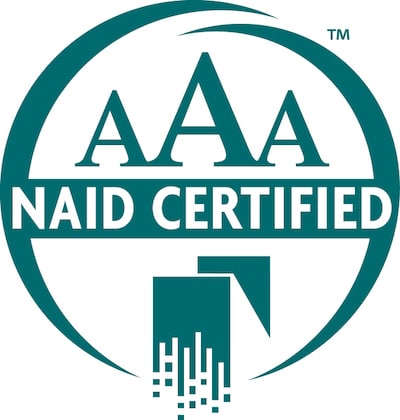Some Healthcare Documents That Might Be Vulnerabilities
Our healthcare information remains one of the avenues that those with malicious intent still follow when trying to steal information. Their aim could be any number of objectives: from simply gathering information for a more detailed identity theft scam, to using your stolen medical data to acquire drugs and other medication for themselves. No matter what their intention is, the negative affect on you is always the same. Headaches, miss information, and potentially the wrong medical advice can give you trouble for years.
While we will be looking specifically at hard copy documents today, it’s important to know that large healthcare data breaches still happen through cyberattacks. While the responsibility for your data remains with the organization handling it, it’s important for you to take some steps on your end if you keep digital copies for yourself. Though there are legislations that promote information security, those who are interested in stealing information will find a way to do so. It’s vital we always implement the maximum level of security and care with our personal information.
A Few Healthcare Documents
Now, regarding today’s topic, there are some hardcopy medical documents that might be leaving you more vulnerable then you know. Information theft can come in from many angles, many of which you might not be expecting in the slightest. To that end, let’s take a look at some medical examples that you might have overlooked.
- Medication Prescriptions: When you get that note from your doctor, then get your prescription, you might not consider what could happen if it was lost or stolen. If you were careless, someone might be able to get ahold of it, either the original or a copied version, and begin forging their own prescriptions. This leads to some hefty problems if your doctor finds out and assumes, you’re responsible. Alternatively, if the problem hasn’t been detected yet, you might receive the wrong medical advice, meaning medical complications for you.
- Old Patient Charts: This is more for organizations instead of patients. When a patient is discharged, or their treatment chart changed out, the old one must be destroyed. Not only are there several ethical concerns regarding this information, but it offers another way for people to build an identity theft case against you.
- Insurance Information: This can be one of the big ones. Insurance fraud can be a big risk. Not only do these contain information about patients and medical information, they also have financial information contained within. Take great care to handle this information, and then dispose of it properly.
Remember that the protection of medical information is just as vital as protecting your finances and other private data. If you’re responsible for handling it, you’re going to have to comply with HIPAA regulations. As always, there are services available that can assist you with your compliance and safe information handling efforts. Seek us out when you have a need or give us a call at (865) 986-5444.



